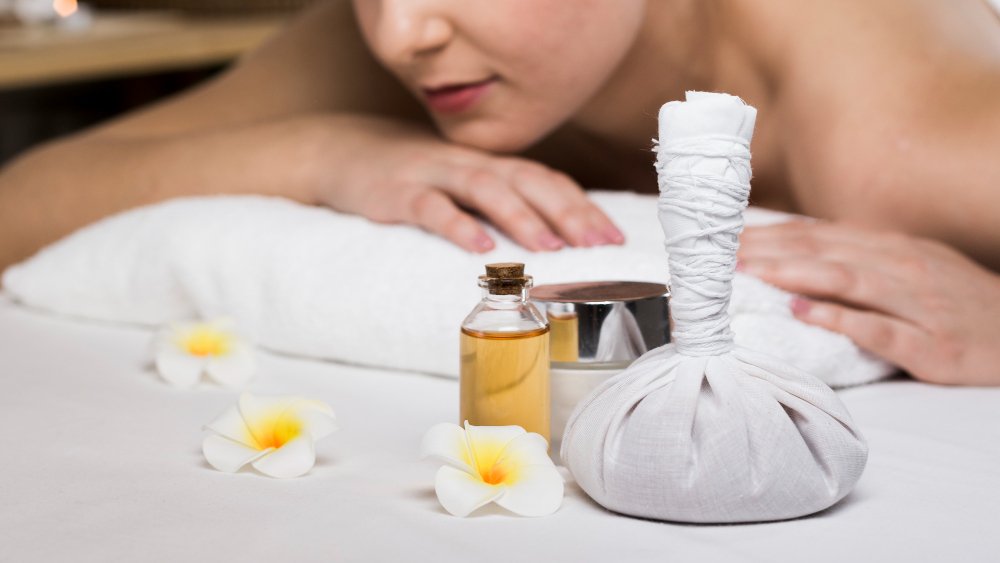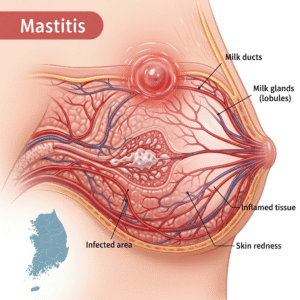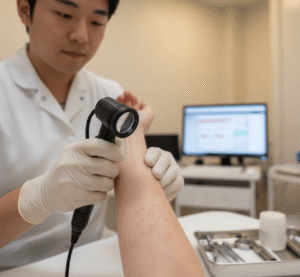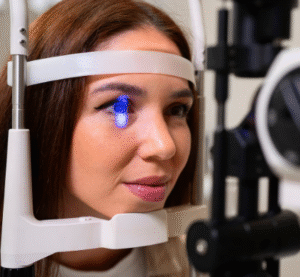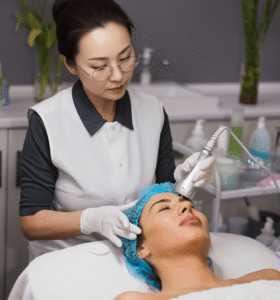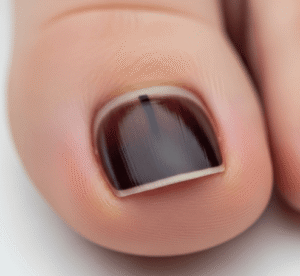Korea’s wellness industry has evolved into one of the most innovative in Asia, blending traditional healing philosophies with modern science and spa culture. Among its many holistic therapies, aromatherapy has gained special prominence in wellness centers and clinics across the country.
More than just a relaxation technique, aromatherapy in Korea is viewed as a therapeutic practice that harmonizes the body, mind, and spirit. It draws inspiration from both Korean traditional medicine (Hanbang) and Western aromatherapy principles, creating a distinctive approach to natural healing.
Understanding Aromatherapy in the Korean Context
Aromatherapy uses essential oils extracted from flowers, herbs, roots, and resins to support physical and emotional well-being. In Korea, it’s seen not merely as an indulgent spa service but as an extension of the nation’s preventive health philosophy.
Essential oils are applied through massage, inhalation, bath soaks, and diffusers. Many Korean wellness centers also use oils in skincare treatments, meditation rooms, and saunas, integrating aromatherapy into daily self-care rituals.
What makes the Korean approach unique is how it merges ancient wisdom with modern lifestyle needs. Traditional concepts of body balance, circulation, and energy (Qi) are combined with scientific understanding of how aroma compounds interact with the brain and nervous system.
The Philosophy Behind Korean Aromatherapy
Korean wellness culture emphasizes balance and harmony — aligning internal energy with nature’s rhythm. Aromatherapy fits seamlessly into this worldview by using scents to restore equilibrium in the body and emotions.
Practitioners often design treatments based on the five elements theory of Hanbang medicine — wood, fire, earth, metal, and water. Each element corresponds to an organ system and emotional state. For example:
- ❂ Wood (liver and gallbladder): calming citrus or mint oils to relieve anger or tension.
- ❂ Fire (heart): floral oils such as rose or ylang-ylang to enhance joy and circulation.
- ❂ Earth (stomach and spleen): warm spice or ginger oils to aid digestion and stability.
- ❂ Metal (lungs): eucalyptus or tea tree oils for clarity and respiratory support.
- ❂ Water (kidneys): sandalwood or frankincense to promote inner peace and vitality.
Through these tailored blends, aromatherapy becomes more than fragrance — it becomes a personalized healing journey.
How Wellness Centers Integrate Aromatherapy
Modern wellness centers in Seoul, Busan, and Jeju are transforming the spa experience into therapeutic aromatherapy environments. These spaces often combine multiple healing modalities — from massage and hydrotherapy to yoga and mindfulness — guided by trained aromatherapists.
Aromatherapy Massage Therapy
One of the most popular services, aromatherapy massage, uses customized essential oil blends that support relaxation and energy flow. The oils are diluted with carrier oils such as jojoba or sweet almond and gently massaged into the skin.
This not only soothes muscles but also allows essential oil molecules to enter the bloodstream, where they interact with the nervous and endocrine systems to reduce stress hormones.
Aromatic Sauna and Bath Therapy
Korean jjimjilbangs (public bathhouses) and wellness spas often infuse eucalyptus, lavender, or peppermint oils into saunas and steam rooms. These aromas improve breathing, reduce congestion, and refresh the senses.
In herbal bath rituals, oils such as rosemary or cypress are used to ease tension, while citrus oils help uplift mood and rejuvenate the skin.
Aromatherapy for Mental Wellness
As awareness of mental health grows, aromatherapy is being integrated into meditation rooms, yoga studios, and counseling centers. Essential oils are diffused during mindfulness sessions or used in aroma inhalers that individuals can carry throughout the day.
Calming oils like bergamot and lavender are common choices to ease anxiety, while peppermint or rosemary supports concentration and alertness.
Skincare and Cosmetic Applications
Korea’s beauty industry has embraced aromatherapy as part of its holistic skincare philosophy. Many organic skincare lines now feature aromatic serums and facial oils enriched with chamomile, rose, or neroli essential oils to soothe sensitive skin.
Facial treatments in wellness centers often combine gentle massage with essential oil blends, promoting relaxation and glowing skin simultaneously.
Scientific Insights and Health Benefits
Modern Korean research supports many of aromatherapy’s benefits. Studies suggest that specific scents can influence the limbic system — the brain’s emotional center — helping regulate mood, heart rate, and hormone balance.
Commonly observed benefits include:
- ❂ Stress relief: Lavender and bergamot are known to reduce cortisol levels and promote relaxation.
- ❂ Improved sleep: Chamomile and sandalwood can help enhance sleep quality and reduce insomnia.
- ❂ Enhanced immunity: Tea tree and eucalyptus oils contain antimicrobial properties that support the immune system.
- ❂ Pain management: Peppermint and ginger oils help relieve tension headaches and muscle pain.
- ❂ Mental clarity: Rosemary and lemon oils boost alertness and focus.
These findings have encouraged Korean wellness centers to use aromatherapy not just for comfort but as part of preventive healthcare programs.
Training and Professional Standards
Aromatherapy in Korea has become increasingly professionalized. Certified aromatherapists undergo specialized education covering essential oil chemistry, safety, and therapeutic applications. Many also study traditional Korean herbal medicine to design treatments that blend both systems.
The Aromatherapy Association of Korea and various wellness schools offer certification programs recognized by spa and healthcare industries. This ensures that essential oils are used safely — with correct dilution ratios, skin testing, and personalized consultation.
The Role of Aromatherapy in Corporate and Hospital Wellness
As workplace stress remains a major issue, many Korean companies now include aromatherapy-based wellness programs for employees. Diffusers in office spaces, short aroma meditation breaks, and stress-relief kits are becoming part of corporate wellness culture.
Hospitals are also exploring aromatherapy as a complementary therapy for patients recovering from surgery or chronic illness. In clinical settings, mild lavender or citrus scents are used to reduce anxiety, stabilize mood, and promote comfort during recovery.
This integration marks a growing recognition of aromatherapy as a gentle yet effective tool for emotional and physical support.
Sustainability and Ethical Practices
A key trend in Korean aromatherapy is the emphasis on sustainability and authenticity. Wellness centers now prioritize organic, ethically sourced essential oils and local ingredients. Korean lavender, pine, perilla, and mugwort oils are increasingly popular for their purity and regional character.
By supporting local farms and sustainable production, the industry aligns with Korea’s broader movement toward eco-conscious living and holistic well-being.
The Future of Aromatherapy in Korea
Looking ahead, aromatherapy is expected to expand beyond spas into everyday healthcare, digital wellness, and home living. Smart diffusers, personalized aroma kits, and AI-assisted scent therapy programs are emerging innovations that bring aromatherapy to modern lifestyles.
In addition, researchers are studying how scent-based therapies can support mental health conditions like anxiety and depression, opening new opportunities for collaboration between science and natural medicine.
Conclusion
Aromatherapy in Korean wellness centers represents the perfect harmony between tradition, nature, and modern science. It embodies the Korean philosophy of preventive care — nurturing balance, reducing stress, and enhancing vitality.

